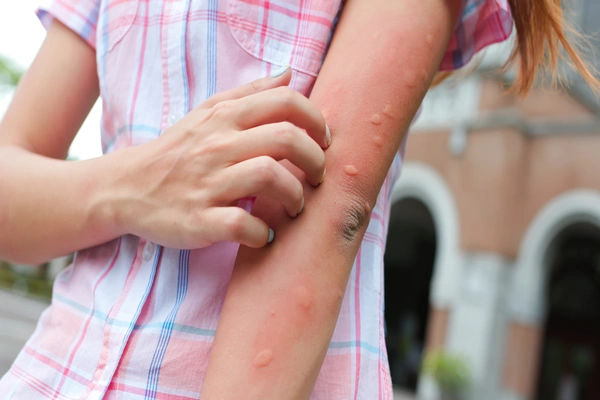- Male
- 27 Years
- 29/01/2025
What does it mean if my serum IgE levels are high? I just got my blood test results back, and my IgE levels are at 263.9, but I read that under 100 is normal for adults. Should I be concerned about this, and what could it potentially indicate about my health? Would appreciate any insights on what steps I should take next.
More Allergist and Clinical Immunologist Health Queries
View allI got my Covishield vaccination on July 17, and the next day I was hit with fever, chills, and body aches. By the third day, it felt like I had a coldnasal congestion, sneezing, and shortness of breath. I usually deal with allergic rhinitis and experience allergies to fragrances and some foods, and I rely on my inhaler and L Montus tablets when things get uncomfortable. I'm just curious, could this sudden cold with shortness of breath be a reaction to the vaccination? Any ideas?
yes due to foreign body ingestion
read more![Doctor 1]()
![Doctor 2]()
Answered by 1 Apollo Doctors
I'm dealing with this allergy that's causing rashes all over my body. I've been taking cetirizine, but I'm not sure if its enough. Is there anything else I should be doing? Could this be a sign of something more serious, or just a typical allergic reaction? Id really appreciate your guidance on this.
continue same medications, lipid panel is advised and physician opinion..
read more![Doctor 1]()
![Doctor 2]()
Answered by 1 Apollo Doctors
I'm trying to manage my allergic rhinitis symptoms with just Montec LC without resorting to a corticosteroid nasal spray because I'm worried about the risk of glaucoma that comes with the spray. Is that even possible?
visit dermatologist for evaluation and appropriate management
read more![Doctor 1]()
![Doctor 2]()
Answered by 1 Apollo Doctors
Disclaimer: Answers on Apollo 247 are not intended to replace your doctor advice. Always seek help of a professional doctor in case of an medical emergency or ailment.




